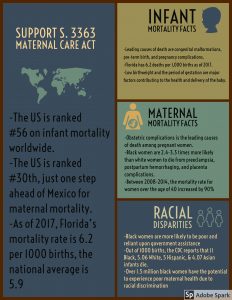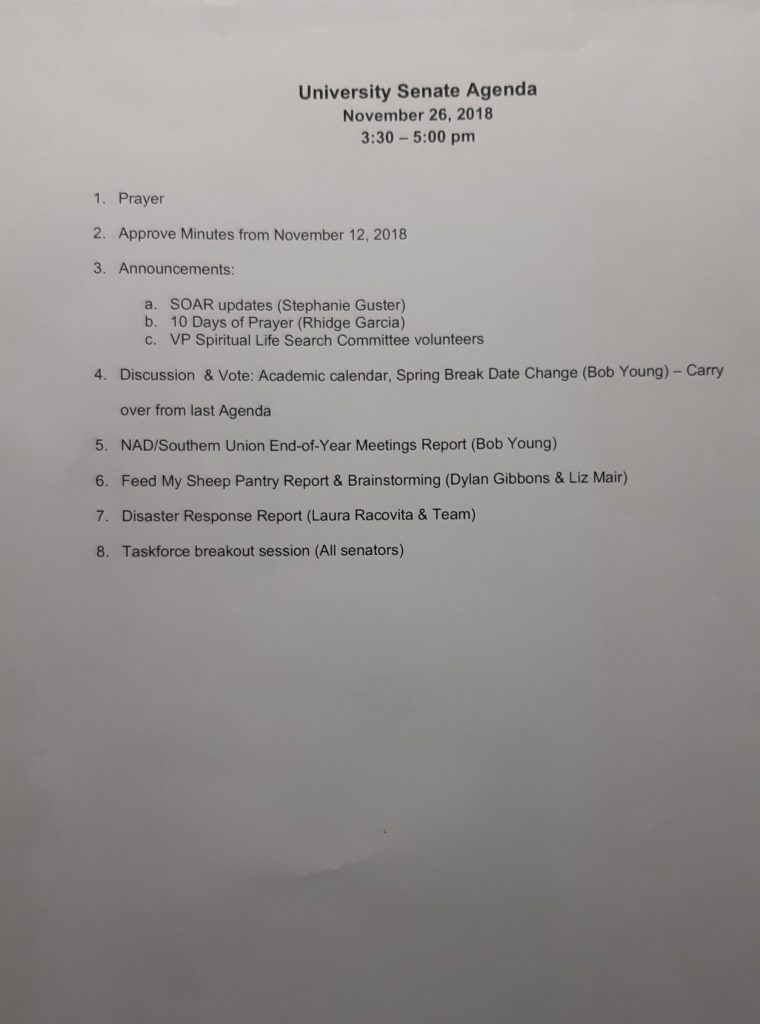Policy Practice
Privilege is a complicated facet of society; it can be dependent on so many factors, some which you can and others which you cannot. No on is in control of which family they are born into, how much money their parents will make, or what color skin they will have. Power is inherently found with the advantages and disadvantages afforded to us early in life.
As social workers, we promote equality while also considering the social and economic advantages afforded to privileged individuals. By engaging in policy practice, we are attempting to even the odds set against individuals earlier in life. Before continuing into the segment below, I have taken into account the privilege I have:
- I have a college education
- I am an able-bodied young woman
- I am a Christian living in the United States
- I have the ability to say I live in a safe neighborhood
Practice Behaviors
- Recognize and engage social policy at the local, state, and federal level that impacts well-being, service delivery, and access to social services.
- Observe and discuss how social welfare and economic policies impact the delivery of and access to social services.
- Engage and discuss critical thinking to analyze, formulate, and advocate for policies that advance human rights and social, economic, and environmental justice.
Evidence
Academic Experience
My practicum has had a large influence on the food I consume, the books I read, the political candidates I choose to vote for. I had the pleasure of reading Full Planet, Empty Plates, a book which inspired me to consider the implications my food purchases have on community farming practices, the world’s agriculture, and how I can prevent a global famine. My analysis of Full Planet, Empty Plates led me to the conclusion that I needed to advocate on behalf of the Earth. The policies put in place by old men were having a negative effect on the world, namely igniting the global food crisis we are in today.
While on our class trip to Washington, D.C., my group had the opportunity to present a policy brief to staffers at Sen. Bob Corker’s office. The policy we researched was Senate Bill 3363: Maternal Care Act, and we were interested in having Senator Corker approve the bill so women could receive appropriate pre-natal and post-natal care.


Field Experience
In the research conducted by Dylan and myself, we understood official and unofficial policies issued by the university prevented us from reaching the maximum amount of students. We drafted a document and a powerpoint which highlighted ways in which the University could assist us, and by doing so, we hoped to reform policies which could promote awareness of our services. Below is the agenda of the Senate with Dylan and I listed:
